৩০ মাঘ ১৪৩২
July Charter Should be the Basis for National Elections: Jamaat-e-Islami
07 August 2025 12:08 PM
NEWS DESK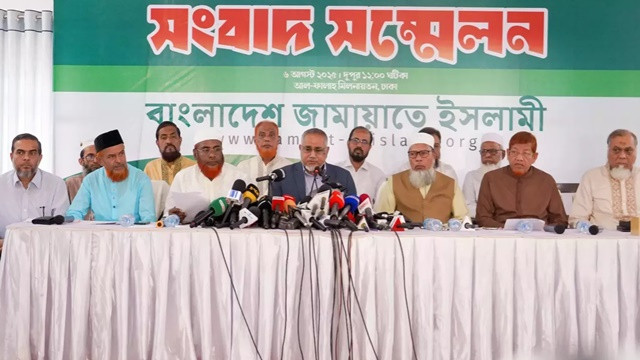
Bangladesh Jamaat-e-Islami's Nayeb-e-Ameer Dr Syed Abdullah Muhammad Taher has demanded that the national election must be held on the basis of July charter read out by Chief Adviser Dr Muhammad Yunus.
'July Declaration should be included in the constitution.'
Jamaat Nayeb-e-Ameer made this comment on Wednesday while expressing reaction over July Declaration By Chief Adviser Prof Dr Muhammad Yunus at a event held on Tuesday afternoon at the South Plaza of the National Parliament.
He alleged that the July Declaration was issued without consulting the major political parties. It would have been better if they had consulted with the political parties.
Muhammad Taher said, ''The interim government must immediately complete the procedure of formulating the July Charter and implement it. At the same time, free, fair and acceptable elections must be arranged based on this charter.''
‘The spirit of Azadi has been ignored’
Taher said: “The declaration is an incomplete statement. It does not reflect the aspirations of the people. While the declaration mentions a history of struggle, it overlooks the Azadi of 1947.”
He added: “There is no reference to the Pilkhana massacre, the Shapla massacre, or the killings of October 28. The roles of Islamic scholars, madrasa teachers and students, expatriates, and online activists in the July uprising have been ignored. This is nothing but a disregard and injustice to history. The turning point of the July uprising was the nine-point demand that was later transformed into a one-point demand- yet the declaration avoids mentioning this.”
According to Jamaat, the core aspiration of the July uprising was state reform. For this, six commissions were formed, and over two months of activities were conducted in two phases with the National Consensus Commission, resulting in an agreement on 19 points and a decision to formulate the July Charter. However, the chief adviser made no mention of this in the declaration, the party said.
Taher continued: “The declaration did not specify when or how it would be implemented, which renders it ineffective. By assigning the implementation responsibility to the next government, the spirit of July and the sacrifices of thousands have been undermined.”
‘We see the chief adviser’s announcement as positive’
Taher said: “Since the uprising, the Jamaat-e-Islami has consistently called for the restoration of democratic governance and the establishment of a justice-based, corruption-free society. We have supported the chief adviser’s proposed election timeline- from December to June- under certain conditions.”
He added: “We had expected the chief adviser to consult with political parties. The nation is shocked and surprised that he did not. Announcing an election timeline on the same day as the July Declaration, without dialogue with political parties, violates a longstanding tradition. Nevertheless, in the interest of the nation, we see this announcement as a positive step.”
‘What hinders giving legal basis to the declaration?’
Taher said: “The Jamaat-e-Islami is a party that believes in electoral politics. It has participated in all acceptable past elections and held seats in the national parliament. The party is currently preparing for the election across the country.”
“We observe that the necessary environment for fair elections has not yet been ensured by the government. To conduct a free, fair, neutral, and acceptable election within the announced timeline, arrangements must be made on the basis of the July Charter. The interim government must provide legal status to the charter being drafted by the National Consensus Commission.
“There are precedents where past uprisings and movements were given legal recognition. For example, after the uprising of 1969, the 1970 election was held under a legal framework order. The constitution of 1972 was adopted in the Constituent Assembly formed with elected members from that election.
“Through the Declaration of Independence, the Mujibnagar government conducted the Liberation War for 10 months. After independence and before the formation of the post-independence government, the political changes of 1975 and the assumption of power by president Ziaur Rahman as the chief martial law administrator, his forming of a political party, transitioning from military administrator to president, and the referendums and ordinances between 1975 and 1979 provided legitimacy, which was later approved by parliament.
“Moreover, after the mass uprising of 1990, a fair and neutral election was held under the caretaker government of Justice Shahabuddin, based on the outline agreed upon by the three alliances. But since no legal basis was given to that outline, other aspects of it were not implemented. Given so many precedents, what now prevents providing legal recognition to the July Declaration?
“Our expectation is that the July Charter be finalized and granted legal status - either through an ordinance, a legal framework order, or a referendum - before the announcement of the election schedule. Otherwise, the reform efforts of the interim government will go in vain. Therefore, in order to ensure a free, fair, and acceptable election, a level playing field must be created for all political parties.”
Present at the press conference were Jamaat Secretary General Professor Mia Golam Parwar, Assistant Secretary General Maulana ATM Masum, Dr. AHM Hamidur Rahman Azad, Maulana Abdul Halim, Head of Publicity and Media Department Advocate Ehsanul Mahbub Zubair, among others.




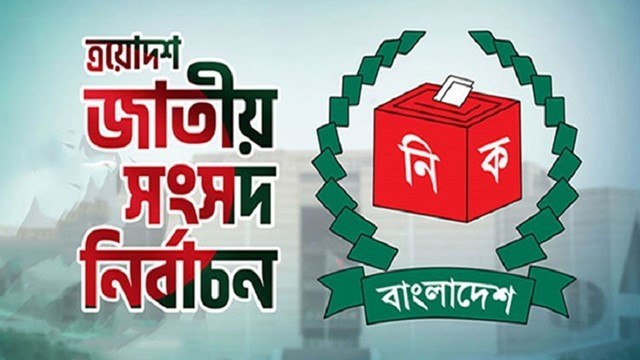
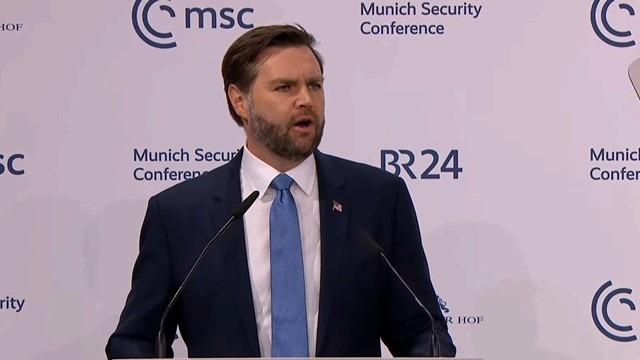
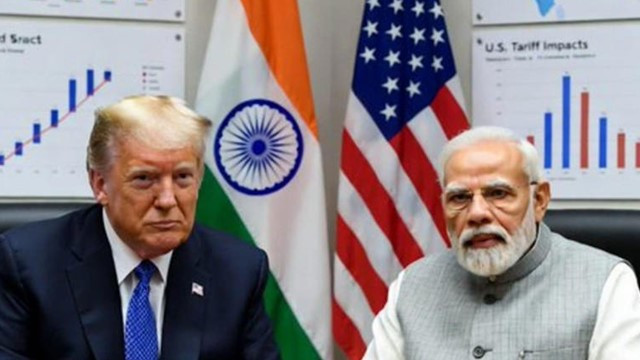
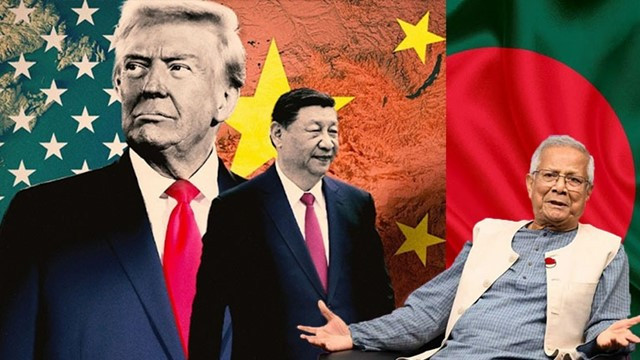
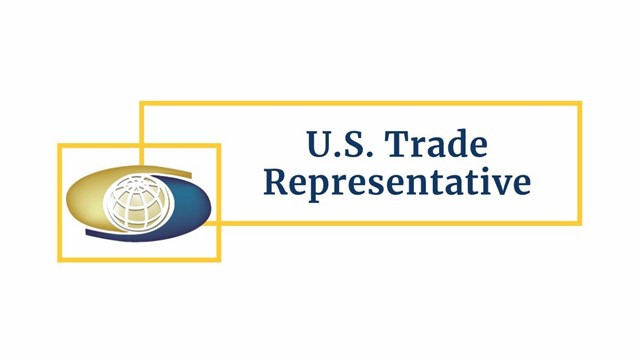
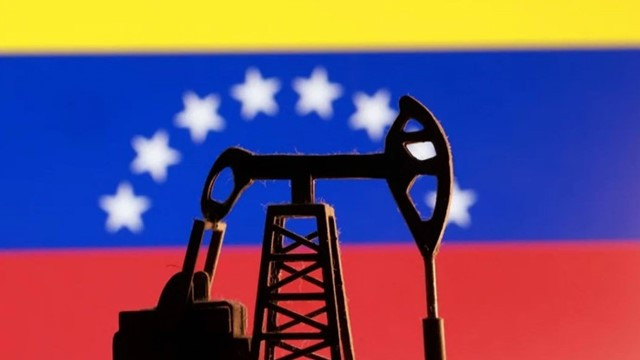

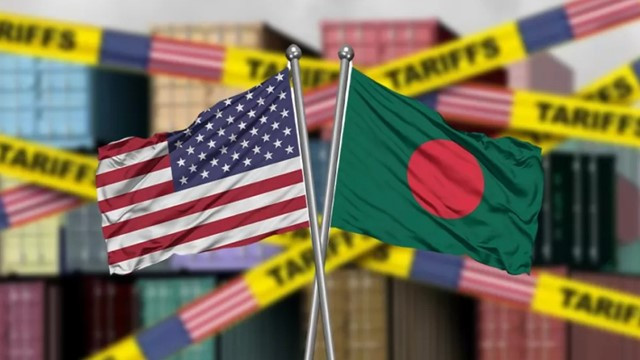
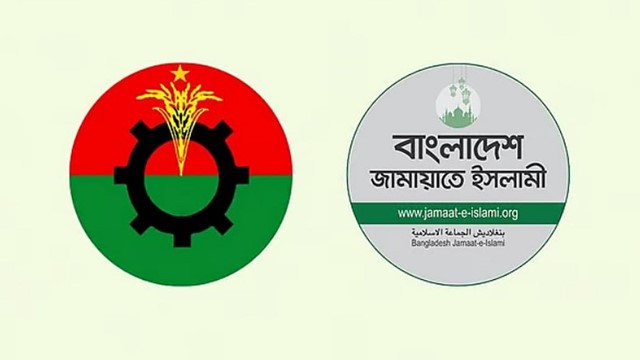

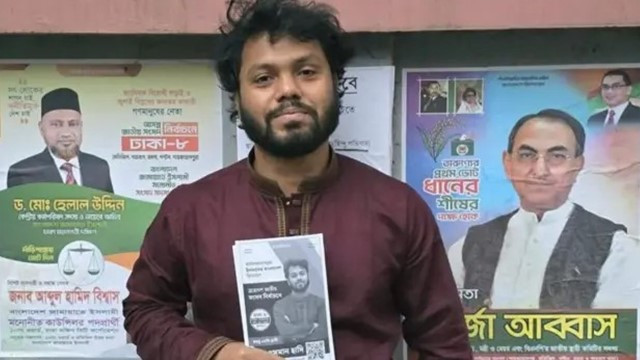
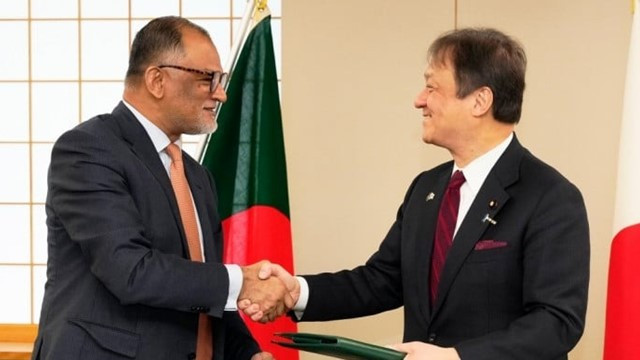
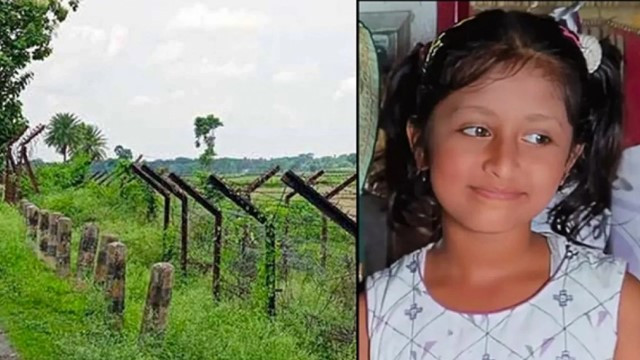
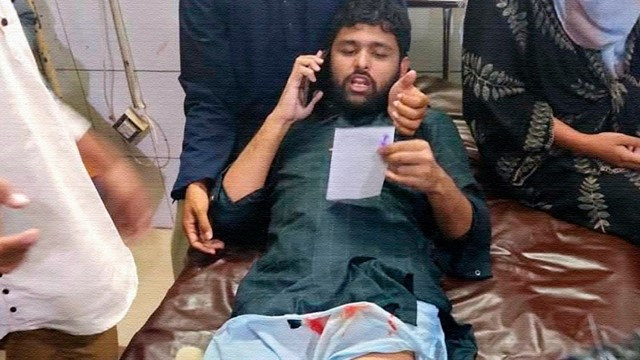
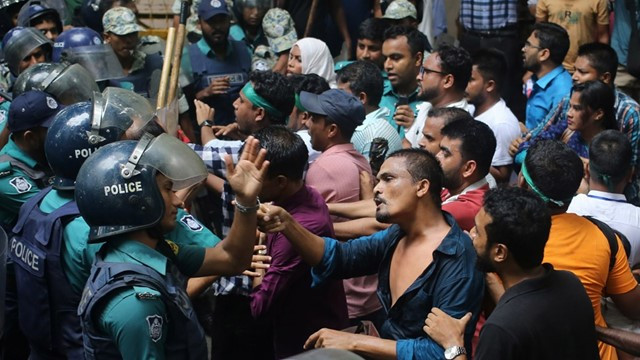
Comments Here: